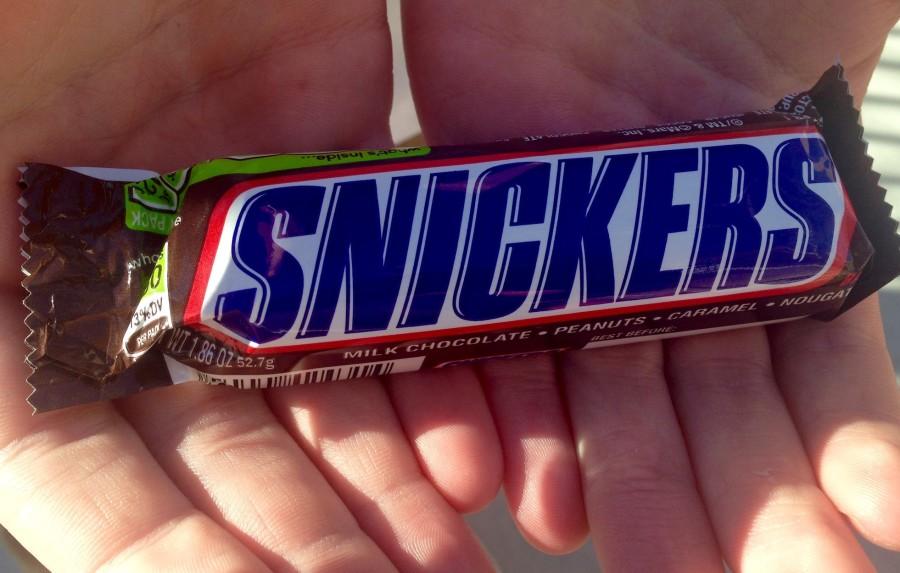Sugar and spice, not very nice
Recently, the shocking truths behind United States food industries have been revealed. With surfacing documentaries such as Fed Up and Food, Inc., American citizens are learning of the lies food corporations have been telling them for decades.
The majority of citizens in the U.S. prefer a healthy alternative for perhaps a more fattening food product. The terms fat-free, low fat, and trans-fat free allow consumers to feel as if they are living a healthier lifestyle. However, these foods are far from healthy. When fat is removed from food, the taste disappears. These foods include any processed and or packaged items. Snacks such as fat-free Oreos, potato chips, and even yogurt are healthier than that of the regular product, right? Wrong! These seemingly healthy treats are far from it. For this reason, these products are loaded with intoxicating sugars and or other unnatural chemicals.
With more added sugar, comes higher risks for health issues, including obesity and diabetes, particularly in children. Sugar consumption in the United States has more than doubled since 1980, with citizens eating 150-170 pounds every year. According Dr. Robert Lusting of the Huffington Post, “Sugar in excess is a toxin, unrelated to its calories. The dose determines the poison. Like alcohol, a little sugar is fine, but a lot is not.”
Food manufacturers may fool buyers by hiding the true amount of sugar in their products with names such as “evaporated cane juice” or “high-fructose corn syrup.” When in reality, these different names all stand for the exact same thing – sugar.
This extreme amount of sugar intake results in a severe risk for a variety of health issues including joint inflammation and cancer. Consumers are led to believe that in order to prevent these problems, one must watch their calorie intake.
However, instead of focusing on the amount of calories one takes in, it is better to eliminate processed food and switch to natural food products. “Staying away from processed foods and eating as many fruits and vegetables is an absolute necessity,” said Lifetime director of fitness, Michelle Chovan-Taylor. “It is also important to stay away from soda and instead drink as much water throughout the day as possible.”
Senior Maddy Jaramillo said she eats healthy whenever possible in order to avoid an unhealthy lifestyle. However, the majority of citizens in the United States do the opposite, continuously shoving poison into their bodies, and increasing their risk of obesity. A great change in many people’s diets will need to occur or health risks will arrive sooner.
















